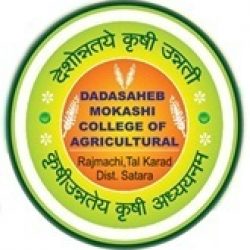Scope:
Agricultural economics is an applied field of economics concerned with the application of economic theory in optimizing the production and distribution of agricultural produces. Agricultural economics was a branch of economics that specifically dealt with land usage and traced out to works on land economics. Henry Charles Taylor was the greatest contributor with the establishment of the Department of Agricultural Economics at Wisconsin in 1909.
Agricultural Economics in which the principal of choice are applied in the efficient use of land, labour, capital and management in farming and allied activities. The field of agricultural economics finds to seek relevance between cause and effect using the most advance methods viz., production function and programming models. This subject id enriched in many directions and fields taking the relevant tools sciences particularly mathematics and statistics.
Definition According to Goodwin, Agricultural Economics as asocial sciences concerned with human behavior during the process of producing, processing, distributing and consuming the products on farms and ranches.
Agricultural economists have made substantial contributions to research in economics, econometrics, development economics, and environmental economics. Agricultural economics influences food policy, agricultural policy, and environmental policy. Knowledge regarding problems in production, finance, marketing and government policy and their impact on production and distribution is very essential to find out suitable solutions for the farm problem.
Disciplines of Agricultural Economics:
- Micro-Economics
- Macro-Economics
- Agricultural Production and Farm Management
- Agricultural Finance and Co-operation
- Agricultural Marketing
- Agri-Business Management
Careers in agricultural economics
Graduates from agricultural and applied economics departments find jobs in many sectors of the economy: agricultural management, agribusiness, commodities markets, education, financial sector, government, natural resource and environmental management, real estate, and public relations. Careers in agricultural economics require at least a bachelor’s degree, and research careers in the field require graduate-level training.
Agricultural Economics
| Sr. No. | Semester | Course No. | Credits | Course Title |
| 1 | II | ECON 121 | 2(2+0) | Fundamentals of Agricultural Economics |
| 2 | IV | ECON 242 | 3(2+1) | Agriculture Finance and Cooperation |
| 3 | V | ECON 353 | 3(2+1) | Agricultural Marketing Trade and Prices |
| 4 | V | ELE ECON 354 | 3(2+1) | Agribusiness Management |
| 5 | VI | ECON 365 | 2(1+1) | Farm Management, Production and Resource Economics |
